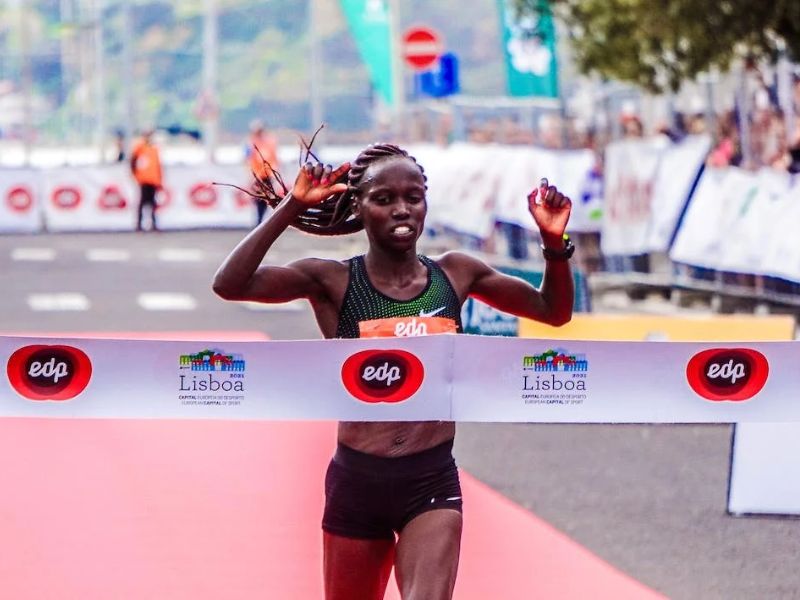In the dark and rainy night between Athens and Sparta, a group of weary runners participates in the daunting Spartathlon, a grueling 246km road race. This annual event commemorates the historic journey of Pheidippides, the ancient Greek messenger who summoned Spartan troops in just a day and a half. Since its inception in 1983, the fastest time of 20 hours and 25 minutes, set a year later, remains unbeaten. However, this hasn’t deterred the continuous efforts of numerous runners who strive to surpass this record.

Image Credit: Pexels/Run 4 FFWPU
The Speed Limit
At the University of Kent, endurance physiologist Mark Burnley delves into the biological factors that determine an individual’s speed across various distances, ranging from sprints to ultramarathons. The current world record for the marathon stands at slightly over two hours. The possibility of achieving a sub-two-hour marathon is likely in the future, but according to Burnley, there are inherent physiological limitations that the human body faces.
Mental Strength
For athletes, the mind often serves as a significant potential obstacle. In Greece, Karnazes was spotted persevering up a rain-soaked mountain in the darkness. Being an experienced ultra-distance runner, he understands the immense psychological fortitude needed to continue taking each step forward. He said, “There are moments when you feel powerful and like you can keep running forever.”

Image Credit: Pexels/Run 4 FFWPU
Sleep Stock
Sleep deprivation and fatigue are crucial in endurance races lasting multiple nights. Runners strategically prioritize sleep by extending nighttime rest or taking daytime naps. Remarkably, these naps yielded fascinating results. In a scientific study of ultra-runners in the Tor des Géants, a challenging 205-mile (330km) race in the Italian mountains, researchers found reduced fatigue and muscle damage compared to those who ran half the distance. Slower pacing and short power naps proved protective for muscles during these grueling races.